When does the hen produces egg?
If you have a group of little champs, I mean hens in your backyard, then you must have the desire to get eggs from them. Truly, its an ideal breakfast mode but more than that, it can help you generate money for extra expenses or may be savings. However, this is frequently inquired question that when would the hen start laying eggs? Especially flock keepers seem to be interested in knowing about the egg production for the pullets (young hens). They also want to know do all hen lay eggs? This excerpt in detail discusses various types of breeds and types of hen’s egg production – continue reading in order to know more:
Age of the hen which lying eggs:
How old chickens have to be to lay? Normally or you can say in most of the cases, the hen lays eggs at the age of 6 months or 25th week of age. This is a generalized statement irrespective of the type of breed (the earlier age may be 18 or 20 weeks).Young and healthy hens are more reliable or heavier egg production(the oprimum or peak production on an average is 2 years) than those, which are at maturity. They tend to develop virus and infections, which ultimately reduce or stops the egg laying capacity.
Best egg laying breeds:
Here are some best egg laying breeds
Rhode Island Red:
This type of breed remains popular amongst the small dwellers and lays average amount of eggs. Due to a high tendency to bear both hot and cold temperatures, the hen remain in the best behavior in all types of weather. In fact, this aggressive breed is ideal for both meat and eggs, so if you want to cater this need in the simplest way, make sure you have them in the flock.
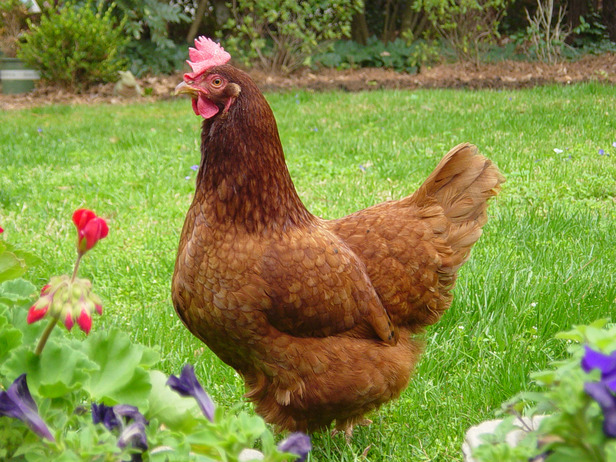
Buff Orpington:
If you want big brown eggs, you must have this breed in your backyard – however, the egg production would be moderate. They are known as excellent chickens because they bear varying temperature conditions. Also, this type of chicken is an amazing brooder as well a great mother.
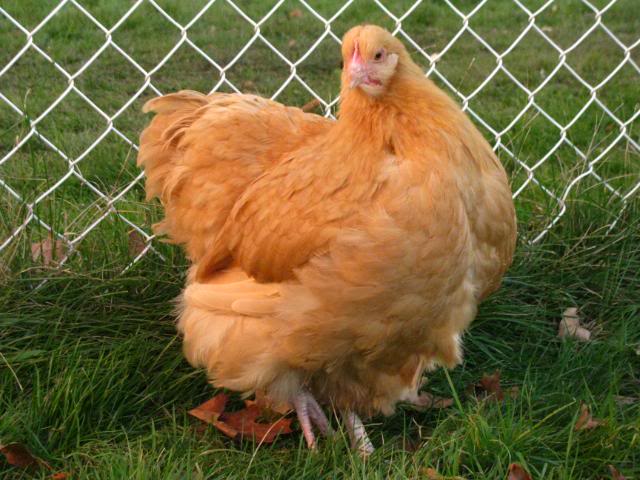
Leghorn:
If you want great white eggs, you must have this breed as necessary – it can produce up to 300 eggs in a year. Not only this but you can use this chicken for meat too.
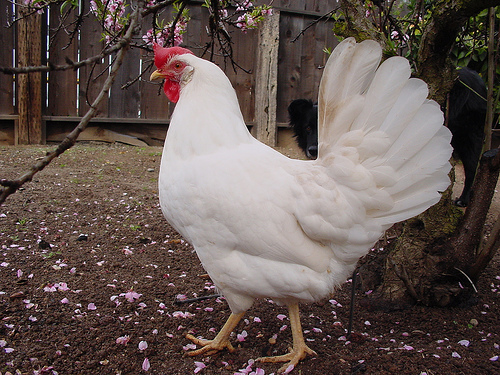
Ameraucana:
Another name for this breed is Easter Eggers – they are known to produce alluring eggs in colors of cream, green and blue. The eggs are medium sized and this type of hen produces almost moderate to high eggs in a year. This type of hen is mostly adored in families with kids because they love collection these kind of colorful eggs.
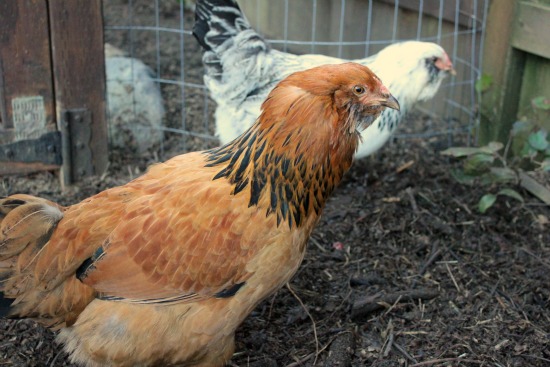
Black Star:
A hen of this breed starts to lay eggs only at the age of 5 months – it is basically a cross breed of Rhode Island Red roosters and Barred Rock hens. They have a calm nature and tend to produce an average amount of eggs which are medium sized.
What age does hen start laying eggs?
If you talk about juvenile hens or pullets basically, they start laying eggs at the age of 6 months – however, it may depend upon the type of breed. For example, heavyweight chicken breeds tend to produce eggs a little later – it includes breeds like Orpingtons and Wyandottes. In contrast, lightweight breeds like Black stars, Leghorns and Australops produce eggs quickly, relatively.
How to identify cokerals from pullets?
This is one of the most bothering query because many fail to understand the major difference between a cockerel and a pullet. A cockeral would be slightly taller with a large wattle and a tail. Over the time you would be able to see a comb growing at the top of the head.
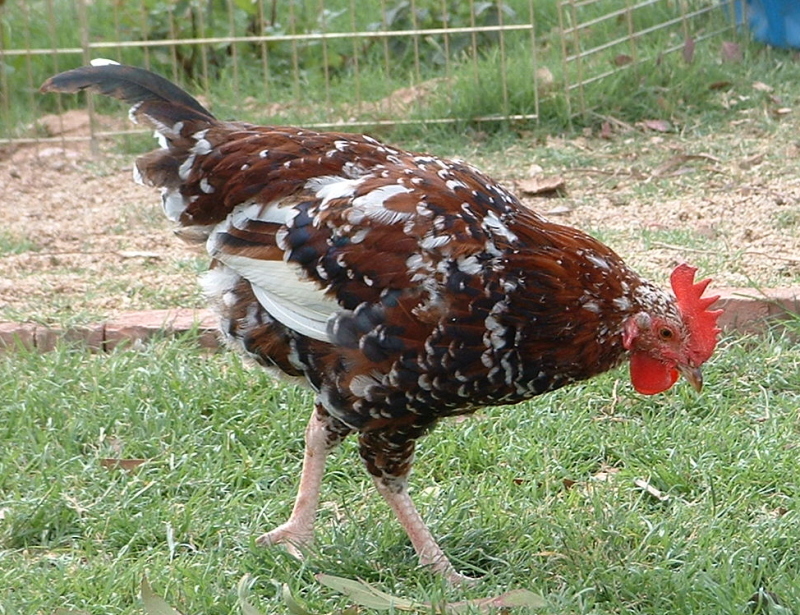
Factors affecting quality and production of eggs:
Firstly, if the feed is not healthy enough, the egg production would be low, and the quality of the egg would also be affected. The major reasons for fall in egg production may be:
Poor intake of water
Decreased intake of daily feed
Poor calcium intake
Low salt intake
Diseases that effect the egg production include:
Egg drop syndrome – An infection affects the reproductive organs of the healthy chicken.
Molting – molting in chicken also affects the egg production because it is a killer infection. There are many small farmers who experience that hen’s stop their egg production when they are about to molt and that is during winter or fall specially. However, as soon as the molting stage is over, the egg production is resumed. The best part is that a pullet will not molt until it is one year of age.
Epidemic tremor – it is a kind of viral infection
What conditions chickens like?
There is a lot that must be considered in order to provide a cozy and comfortable environment to the hens so that they produce quality eggs. Firstly, commercial feed is essential for of pullet, which ages between 18 weeks – this is the way through which, it will produce quality eggs; and the rate of production would depend upon the quality feed. The supply of fresh water and organic feed is also very essential. In fact, the homemade complete nutritious feed is an excellent option.
Another important factor is lighting, as it remains an essential factor for egg production. Mostly, the chickens start to lay eggs during 25th week, this is during summers. However, in winters, if 14 hours of lighting is provided, than even egg production remains consistent.
Do hens secretly lay eggs?(what are the signs
the hen shows when she is ready for laying eggs)
During the hot summer seasons the hens usually lay eggs in the coop or any other place that they usually adore. However, the scenario completely changes when winters are around – people worry about the eggs because they don’t find them in the coop areas. Many times hens don’t use the nest boxes for laying eggs because maybe they just want to bother or tease you. You really need to train pullets to lay an egg in her nesting box because they are very naughty – they lay eggs wherever they feel like, and leave rest to you.
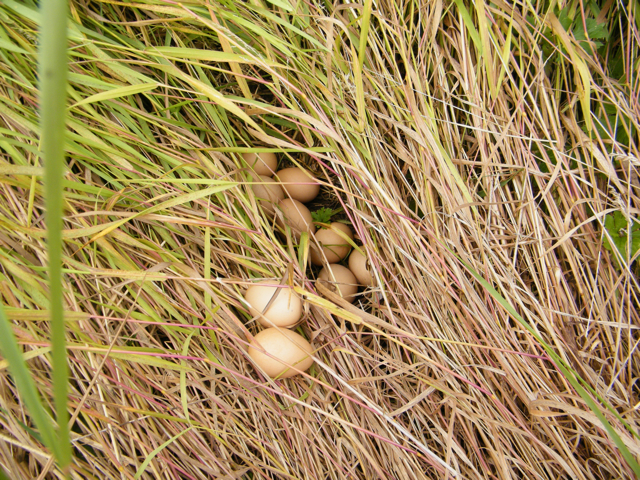
The sings that the hen shows before 2 or 3 weeks of egg laying are; they get noisy and their comb really get redish.You must simply use the training technique to teach the pullets regarding the egg laying habits. You can either restrict them into coops only so that they learn to do so, or make the nesting boxes cozy and comfortable so that they simply lay eggs in them. It would reduce your time and energy of finding the eggs in darker backyard corners.
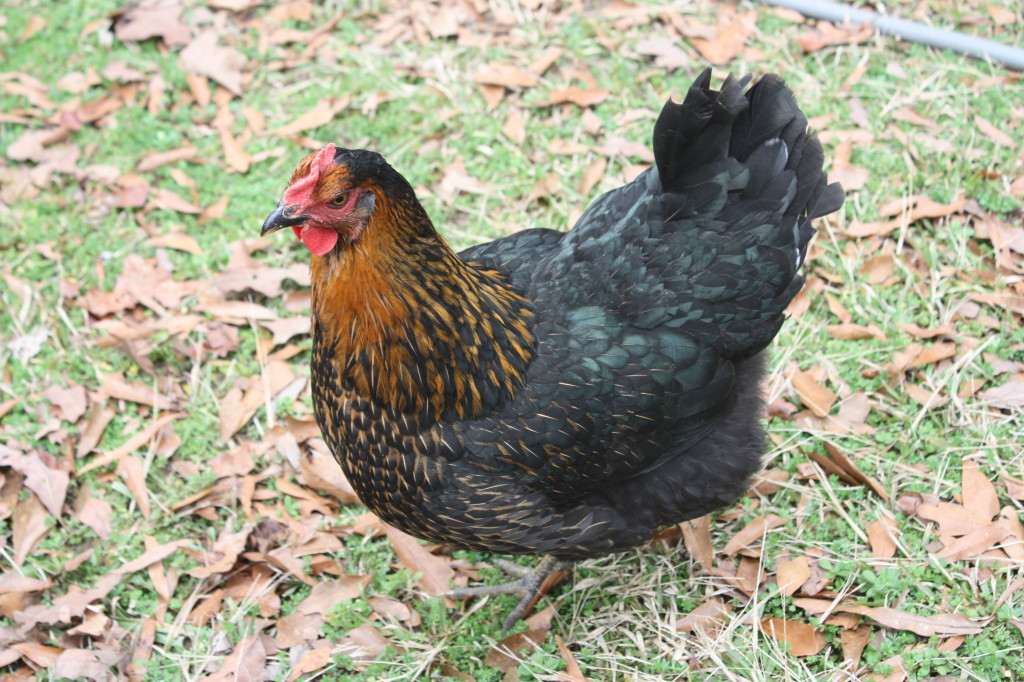
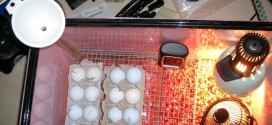
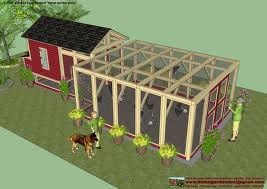
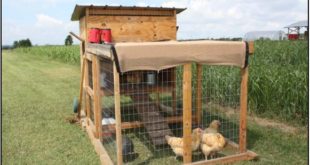
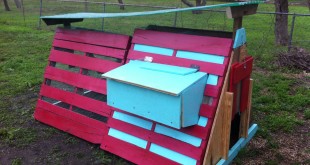
Thank you so very much for your website. It was very informative and easily understood
That’s great. I would like to request you to be updating me always on Backyard Layers/Quail in this e-mail please.